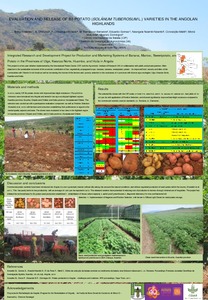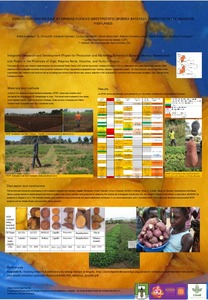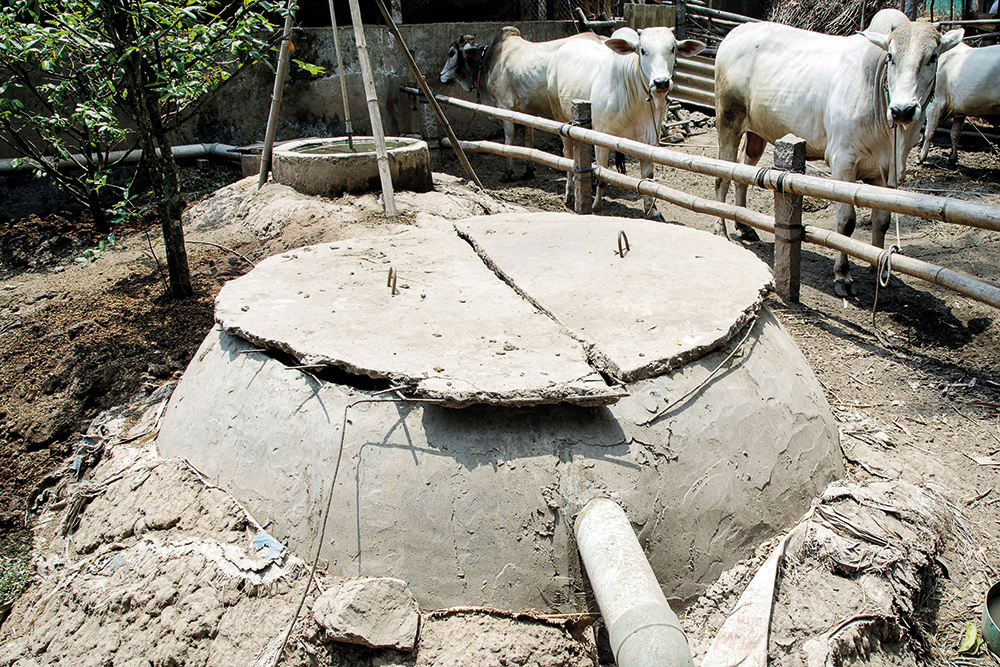Këto udhëzime janë instrumenti i parë i gjithanshëm botëror për të drejtat mbi burimet dhe administrimin e tyre që është përgatitur me negociata ndërqeveritare. Udhëzimet parashtrojnë parimet dhe standardet e pranuara botërisht të praktikave të përgjegjshme për përdorimin dhe mbajtjen në…
As Diretrizes Voluntárias sobre a Governança Responsável da Terra, dos Recursos Pesqueiros e Florestais no contexto da Segurança Alimentar Nacionall visam promover a segurança do direito de posse, garantir o acesso equitativo à terra, pescas e florestas como um meio para erradicar a fome e a…
Keeping its tradition of exploring major emerging issues, Nature & Faune has chosen to dedicate this edition to looking at the implications of rapid urbanization and its implications for urban food and nutrition security, focusing on the specific roles of sustainable management and…
The Africa Gas Initiative (AGI) has been
established by the Oil and Gas Division of the World Bank,
to promote the utilization of natural gas in Sub-Saharan
Africa. The study focuses on coastal countries - Angola,
Cameroon,…
Resumo
Este projecto de investigação-acção pretende analisar em que medida os actuais quadros legais e
institucionais actuais promovem ou dificultam uma efectiva governança fundiária centrada nas
pessoas e nas suas comunidades, o que equivale a analisar, também, a sua…
Meeting Name: Committee on Forestry
Meeting symbol/code: COFO/2014/REP
Last year Angola earned 48 billion US dollars from petroleum. Yet the country that was once Africa’s largest agricultural producer is reduced to importing food. Now the government and private investors want to develop the agricultural sector, in the hope that Angola could become a new Brazil.…
The report below contains the proceedings of the first workshop of a joint project by Zambia's Ministry of Agriculture and Livestock (MAL), The Food and Agriculture Organization of the United Nations (FAO) and The CGIAR programme on Climate Change, and Agriculture and Food Security (CCAFS)…
This PFS training Manual is designed for use by Master Trainers (MTs) during the training of facilitators course. Each lesson/topic is complete in itself detailing the preparations to be made, the materials to be kept handy, the core message to be communicated, and the methods that can be used…
The present issue of Nature & Faune looks at the theme “Promoting good governance in natural resource management in Africa”. It is made up of some 17 articles, a good number of which dwell on structures and processes. They describe and analyse how projects and programs were designed and…





